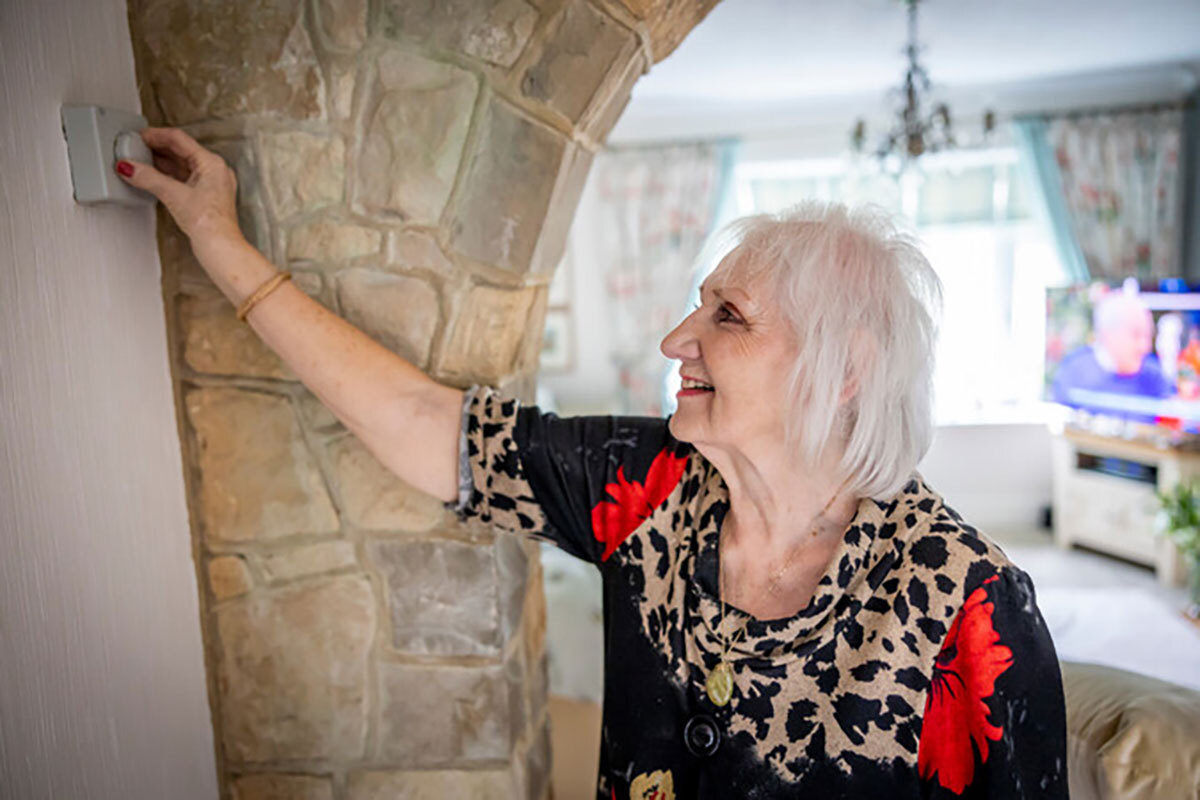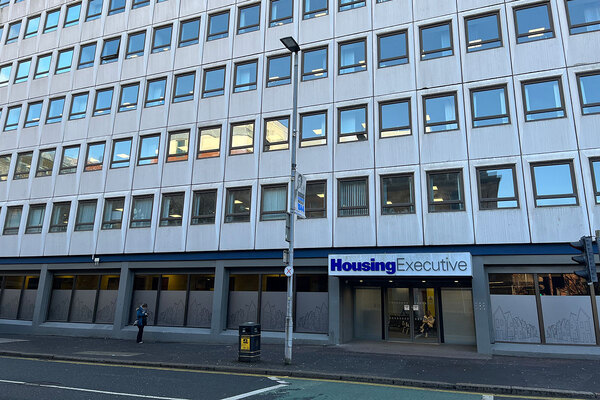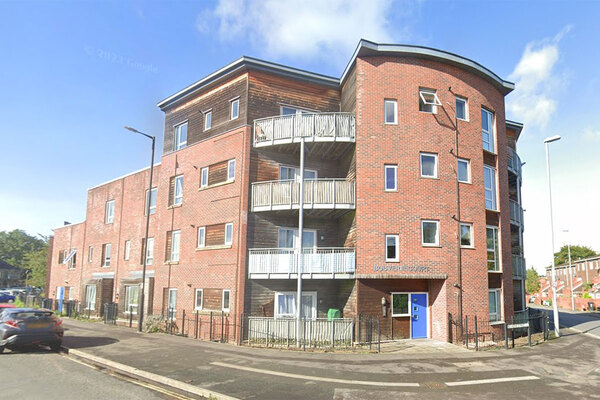You are viewing 1 of your 1 free articles
Lack of social housing contributing to poorer health outcomes for older renters
Campaigners have urged the government to invest more in social housing after research found that England’s dwindling stock is contributing to worsening health outcomes for older people.
A report by Independent Age revealed there has been an exodus of older private renters from London and other city regions in England where housing costs have skyrocketed in recent years.
It also found coastal, rural and typically deprived areas have seen the biggest leaps in the number of older renters since 2011, suggesting older people are being forced out of their homes into less familiar and potentially worse-off areas.
The research analysed local census data from 2011 to 2021 from over 250 local authorities across England to understand where the numbers of older social and private renters have changed.
Of the 20 local authorities that saw the largest drops in older private rented households, 14 were in inner London.
Meanwhile, 10 of the top 20 local authorities with the largest increase in older private rented households were coastal areas, including Blackpool, Torbay and Fylde. The others were either Northern towns or areas in and around outer London, including Hounslow, Slough and Watford.
The research suggests that the housing crisis is forcing older people on a low income to move away from their friends and family, their GP and other local services due to high rents. This will likely lead to increased loneliness and poorer health outcomes for people in this situation.
Out of the 262 local authorities, only two saw an increase in the number of older renters in social housing, indicating that it is not providing a safety net for many people being forced out of private accommodation.
Independent Age said the lack of available social housing may subsequently be driving the demand for private rented accommodation among those in later life.
The charity also urged the government to pass the Renters’ (Reform) Bill in full as quickly as possible, to separately give local authorities the power to regulate landlords and rent in their areas, and to uprate Local Housing Allowance (LHA) every year to match rent increases.
The LHA will increase to cover 30% of market rents in April after being frozen since the pandemic.
Joanna Elson, chief executive of Independent Age, said: “Moving is a stressful experience for many, but for older private renters on a low income, being forced to move out of their community because of the cost is hellish.
“The physical difficulties of packing up belongings, and the fact that there are less suitable available properties for those with long-term conditions or access needs – for example needing a wheelchair-accessible property – can make the process of moving incredibly distressing.
“That’s why older private renters living on a low income desperately need more protections. If they are forced to move out of the towns they know because of high rent, it is likely they will be cut off from friends and family and move into areas where access to services, including the NHS, can be harder, which can lead them to experience worse health outcomes.”
The Department for Levelling Up, Housing and Communities has been approached for a response to the research.
Towards the end of last year, Shelter warned that private renters over the age of 55 are served with a Section 21 eviction notice every 16 minutes.
Sign up for our care and support newsletter
Already have an account? Click here to manage your newsletters












